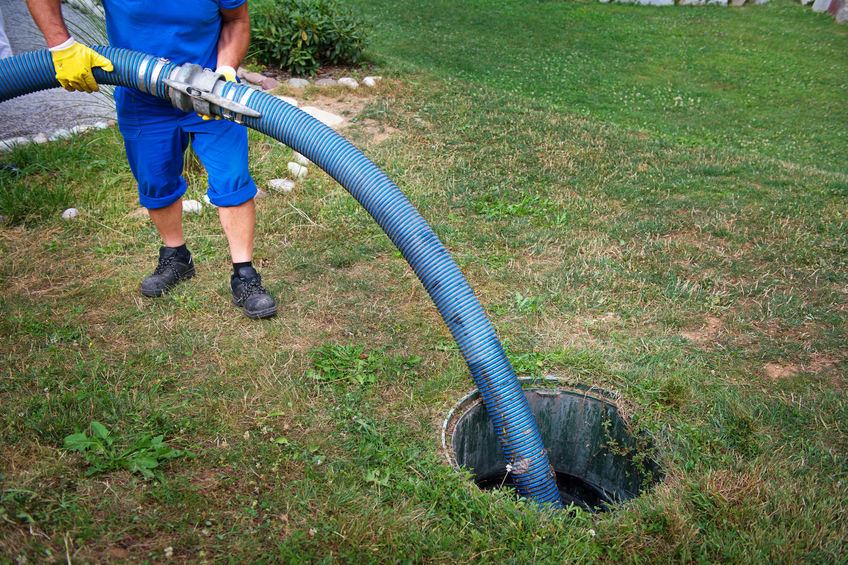
Your septic system is a silent hero, efficiently managing wastewater disposal beneath your property. However, this hidden infrastructure is not immune to the consequences of neglect or misuse.
Pouring grease and cooking oils down the drain might seem harmless at the time, but these substances can wreak havoc on your septic system. Over time, grease solidifies and forms clogs in pipes and the septic tank, hindering the normal flow of wastewater. To avoid unnecessary septic tank pumping and repairs, dispose of grease in a separate container and discard it in the trash.
Your septic system has a limited capacity, and excessive water usage can overwhelm it, leading to problems like backups and drain field saturation. Practices such as running multiple water-intensive appliances simultaneously, like washing machines and dishwashers, can strain the system. Conserving water by fixing leaks and using appliances efficiently can prevent undue stress on your septic system.
Flushing non-biodegradable items down the toilet or pouring them down drains is a recipe for septic system disaster. Items like diapers, wipes, sanitary products, and even certain types of toilet paper can accumulate in the septic tank, causing blockages and hindering the normal breakdown of waste. Stick to septic-safe toilet paper and dispose of non-biodegradable items in the trash.
Harsh chemical cleaners might promise a spotless drain, but they can have detrimental effects on your septic system. These chemicals disrupt the natural balance of bacteria in the septic tank, hindering the breakdown of waste. Instead of relying on chemical cleaners, consider using environmentally friendly alternatives and scheduling regular septic tank cleaning by a professional septic company.
Your toilet is not a disposal unit for all kinds of waste. Flushing items like dental floss, cotton swabs, or cigarette butts can lead to clogs and damage to the septic system. Stick to flushing human waste and septic-safe toilet paper to avoid unnecessary septic tank repairs.
The drain field is a critical component of your septic system responsible for filtering and purifying wastewater. Planting trees, shrubs, or constructing heavy structures near the drain field can interfere with its functionality. Roots from trees can infiltrate pipes and disrupt the soil, leading to the need for septic tank repairs. Keep the area around the drain field clear to ensure its optimal performance.
Perhaps one of the most common offenses is ignoring warning signs of septic system issues. Slow drains, gurgling noises, foul odors, or wet patches in the yard should not be overlooked. Addressing these signs promptly can prevent minor issues from escalating into major septic tank repairs or replacements.
Maintaining a healthy septic system requires a combination of awareness and responsible practices. By avoiding common drain offenders, you can minimize the risk of clogs, backups, and the need for frequent septic tank installation or repair. Regular inspections by Rooter Septic Services, coupled with mindful habits, ensure the longevity and efficient performance of your septic system. Adopting a proactive approach to septic system care is not only a wise investment in your property but also a commitment to environmental responsibility.